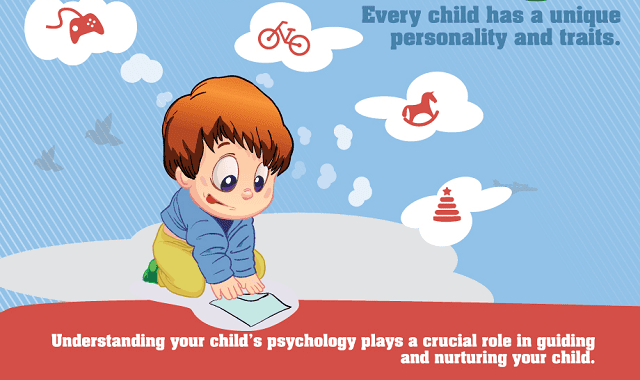IBS awareness month - "know about GUT-BRAIN AXIS"
APRIL IS OBSERVED AS IBS AWARENESS MONTH IBS i.e. Irritable Bowel Syndrome is a common, chronic, recurrent, medically underdiagnosed illness linked to your gastro-intestinal system. Symptoms include long standing and fluctuating tummy pain / cramps, bloating, burning / gas (dyspepsia) / excessive wind (flatulence) / excessive burping (aerophagia) and diarrhoea or constipation, or both. It can affect all ages (adolescent to elderly) / gender (women > men). THEME : This IBS Awareness Month theme is Destigmatizing the Different types of IBS that include: IBS with constipation (IBS-C) : atypical stools that are hard and lumpy or not loose and watery at least a quarter of the time. IBS with diarrhea (IBS-D) : atypical stools that are loose, watery, and not hard or lumpy at least a quarter of the time. IBS with mixed bowel habits (IBS-M) : atypical stools that are watery and loose about a quarter of the time, and they ...




nice one
ReplyDeleteTHANKS
Delete